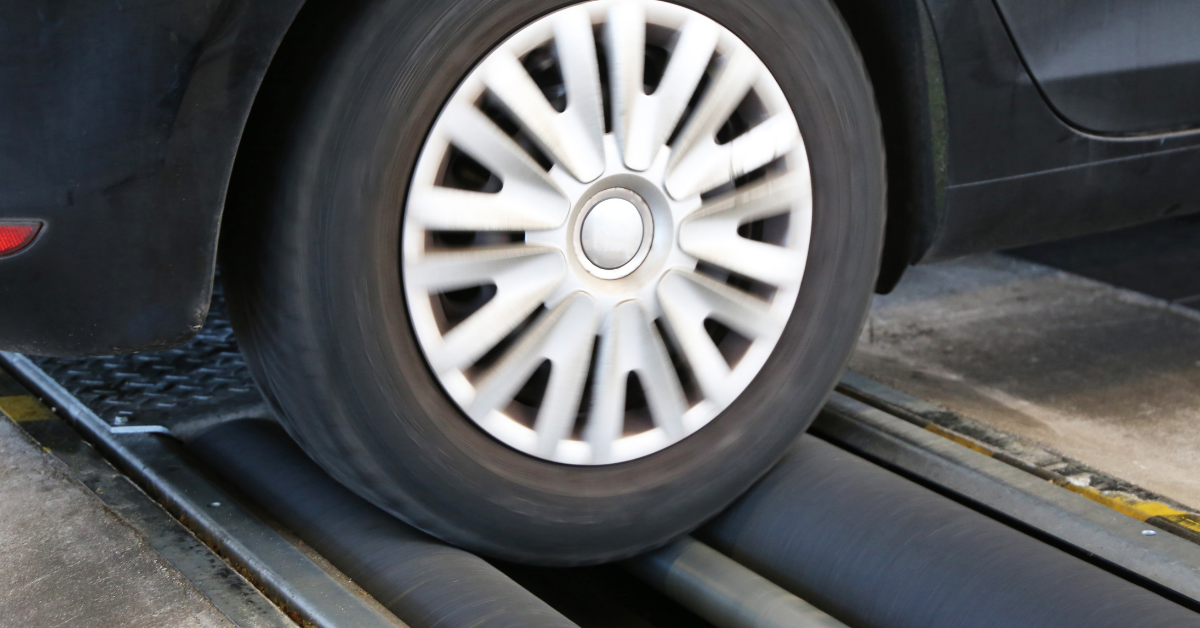When you press on your brake pedal, a complex network of parts spring into action to ensure that your car stops safely. It’s easy to underestimate how much goes into it because all that matters is that your car stops, right? But you shouldn’t take your car’s brakes for granted. If anything, they’re one of the most important features of a car that need to be kept in tip-top condition. And the component you’ll most likely have to switch more often is your brake pads.
What are brake pads?
Brake pads are a very important part of your car’s braking system. They’re the part of the brake system that actually touches the wheels and slows down your car. Brake pads are made of a mix of hard rubber and soft fibres, which compress when you apply pressure to your pedals. In this compression, they produce heat. This heating is what cools your brakes when you apply the foot brake pedal in order to slow down or to stop completely.
How often do you need to replace brake pads?
The general rule of thumb is that you need to replace your pads annually. But the reality is that it’s very dependent on just how much you use your car and how heavy or light it is. If you drive a very heavy car and drive it in stop and go traffic every day, the risk is that they’ll wear out quickly. The heavy use of your brakes will cause them to heat up and wear out more quickly than they would in a car that spends most of its time parked in the garage.
So with that that said, here are some warning signs it’s time to change them:
1. You’re braking more than the car is designed for. The brakes will become harder to use at higher speeds, which means that longer braking distances are required.
2. A squeaking or grinding noise is coming from the brake system. Some brake pads have built in metal wear indicators, which are designed to make a loud noise and alert you that it’s time to replace the pads.
3. You can see the level of wear on your brake pads. Just look at them and if they’re completely worn down, you’ll need to change them ASAP.
4. You have a vibration in the pedal when you brake. This is always an indication that something is wrong with your brakes, so don’t delay in getting it checked out.
5. Lack of braking power when driving over 50 km/h. It’s not as much about how hard you brake as it is about how long you need to be braking for. If your car doesn’t stop in the same time as it normally does, it might be time to change your pads.
If you notice any of these signs, it’s time to take your car to your local mechanic to get your brakes checked. It’s important to do this as soon as you can, because if you delay it, you’re putting your safety at risk. At Auto Leaders, we provide top-rated, affordable brake repair services. Get in touch today.



